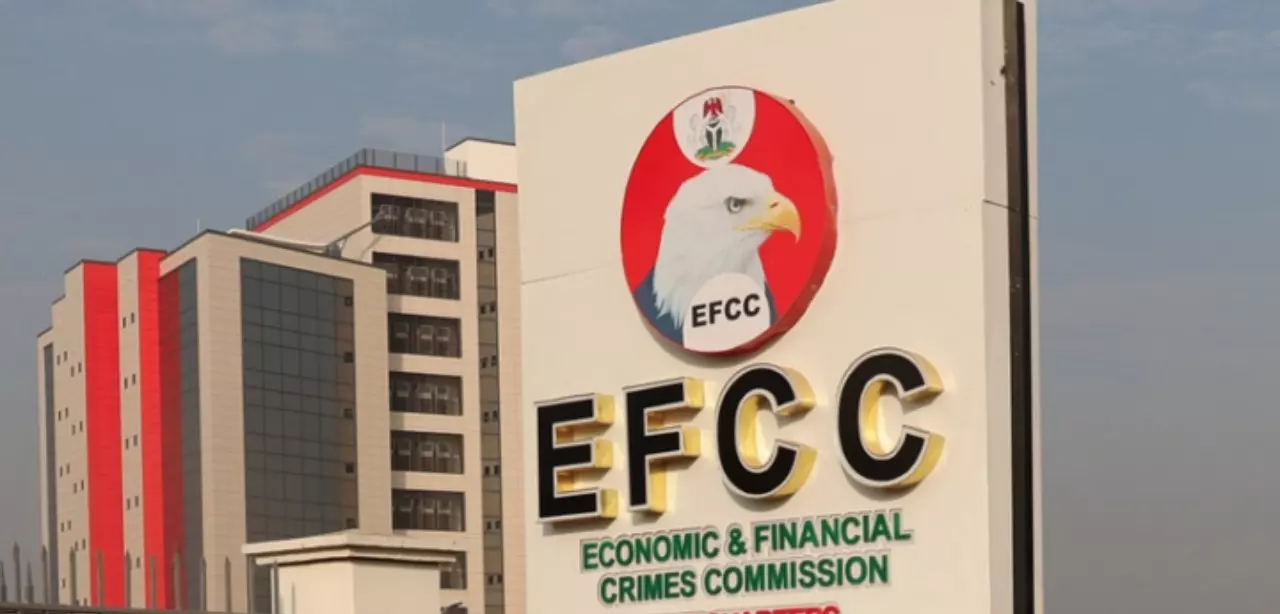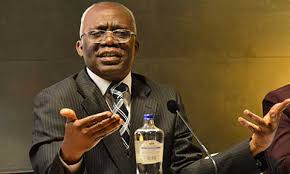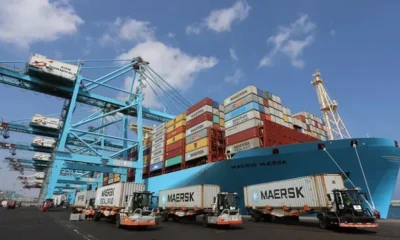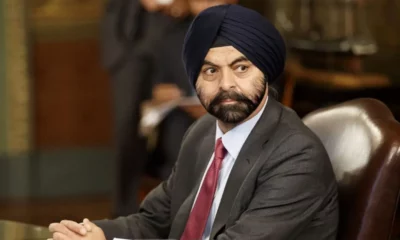The Manufacturers Association of Nigeria has claimed that in the last 30 years, half of the companies in the biscuit and bakery products business went out of business.
During the group’s recent annual general meeting in Lagos, Fola Osibo, head of the sub-sector, told everyone what was going on.
According to Osibo, Nigerian biscuit makers have had some tough times over the years, and some of these times have made it uncertain whether or not they would be able to stay in business.
He said that the problems included rules that made things hard to do, unpredictable prices and supplies of raw materials, and unfair competition from mostly cheap biscuits from other countries.
Osibo said, “Looking back about 30 to 40 years, biscuit manufacturing operations were thriving in this country, policies were supportive of local manufacturing, raw materials were readily available, and our association had up to 40 members scattered all over the country.
“Then suddenly, the economic situation started going southwards, and our sub-sector started facing economic disruptions, and unfavourable policies which impacted negatively on our operations. Most companies could not cope as margins were completely eroded caused by rising costs of operations, and they started closing shops.
“Unfortunately, our sector has been neglected over the years, and the various government policies have impacted negatively on our operations. Growth of local biscuit production has therefore been stunted and the number of those still in operation has shrunk to only about 15 to 20 companies.”
He asked the Federal Government to save the sector and keep it from falling apart totally by putting in place policies that are responsive and help local production.
The group asked the government to get rid of the Value Added Tax (like it was from 1999 to 2007), lower the net import duty on biscuit flour to 20%, and lower the import duty on some important raw materials like liquid glucose, hydrogenated fat, and flavourings.
Akinwande Owen, Plant Director of Cadbury Nigeria Plc, talked about the problems that the manufacturing industry faces in his presentation. He said that the main problems are changing foreign exchange rates, low consumer purchasing power, talent development and migration/relocation, multiple taxes, and government policies.


 Tech2 days ago
Tech2 days ago
 Metro2 days ago
Metro2 days ago
 Culture2 days ago
Culture2 days ago
 Sports2 days ago
Sports2 days ago































